The King Mahmud of Ghazni (971-1030 A.D.) and Somnath
Muslims have never been encouraged to exercise any pressure on non-Muslims, whether Hindus or non-Hindus, religiously or socially to accept Islam.
Muslims have never been encouraged to exercise any pressure on non-Muslims, whether Hindus or non-Hindus, religiously or socially to accept Islam.
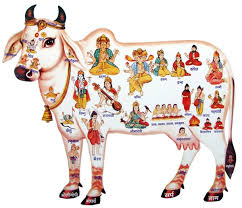
Hinduism has some sorts of worship similar to the worships in Islam, however, in Hinduism those worships have been twisted and changed and were mixed with polytheistic rituals and additions.
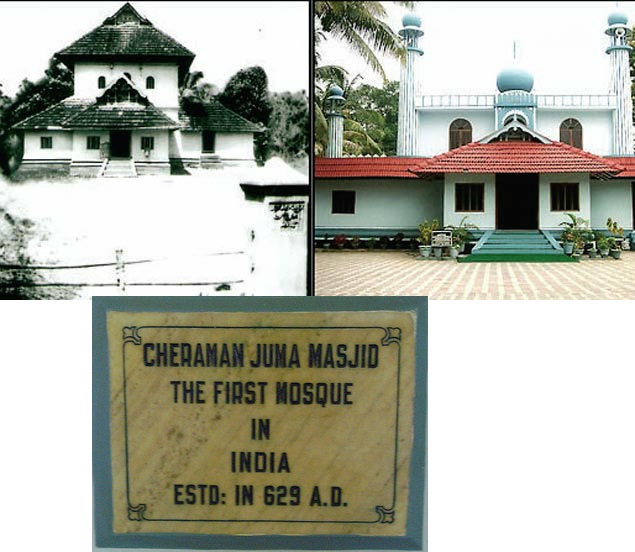
The examples of mosque demolition are scattered in the folds of the history books and travel books by the travelers who visited India during the middle ages.
Muslims have never been encouraged to exercise any pressure on non-Muslims whether Hindus or non-Hindus religiously or socially to accept Islam.
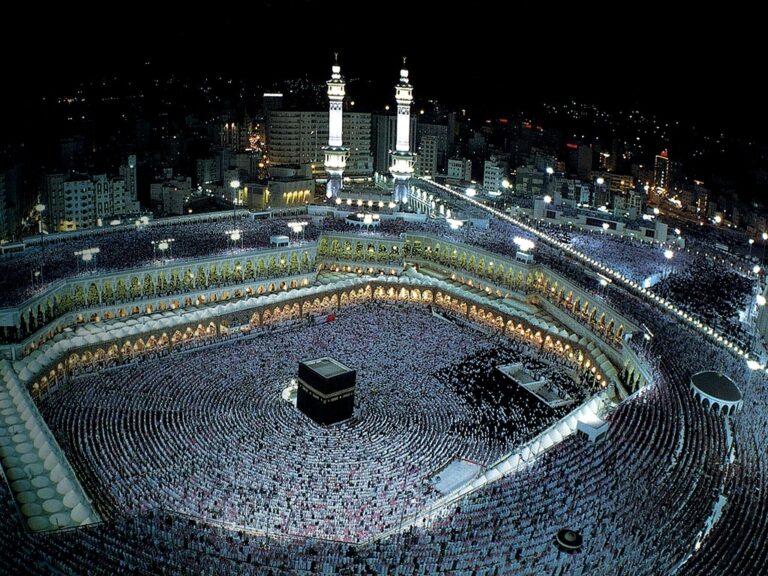
The worship in Islam is not directed to Ka`bah itself; rather it is directed to the Lord of Ka`abh, the Lord of whole universe.

During Aurangzeb’s long reign of fifty years, many Hindus, notably Jaswant Singh, Raja Rajrup, Kabir Singh, Arghanath Singh, Prem Dev Singh, Dilip Roy, and Rasik Lal Crory, held very high administrative positions.
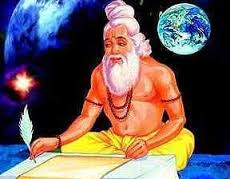
Some Hindus challenge the validity of slaughtering any animal for meat, regarding it as a major sin and a heinous crime.
Before the advent of Islam, Arabs chronicled the years through some significant events, such as; the year of the elephant or the year of the Plague, etc.
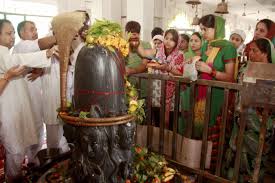
When the Islamic New Year bears a message of self-assessment for Muslims, it bears a message for non-Muslims and Hindus also. It invites them to evaluate themselves.

The primary means of spreading Islam was the method of dialogue and discussion in a friendly and peaceful manner as was instructed in the Glorious Qur’an.